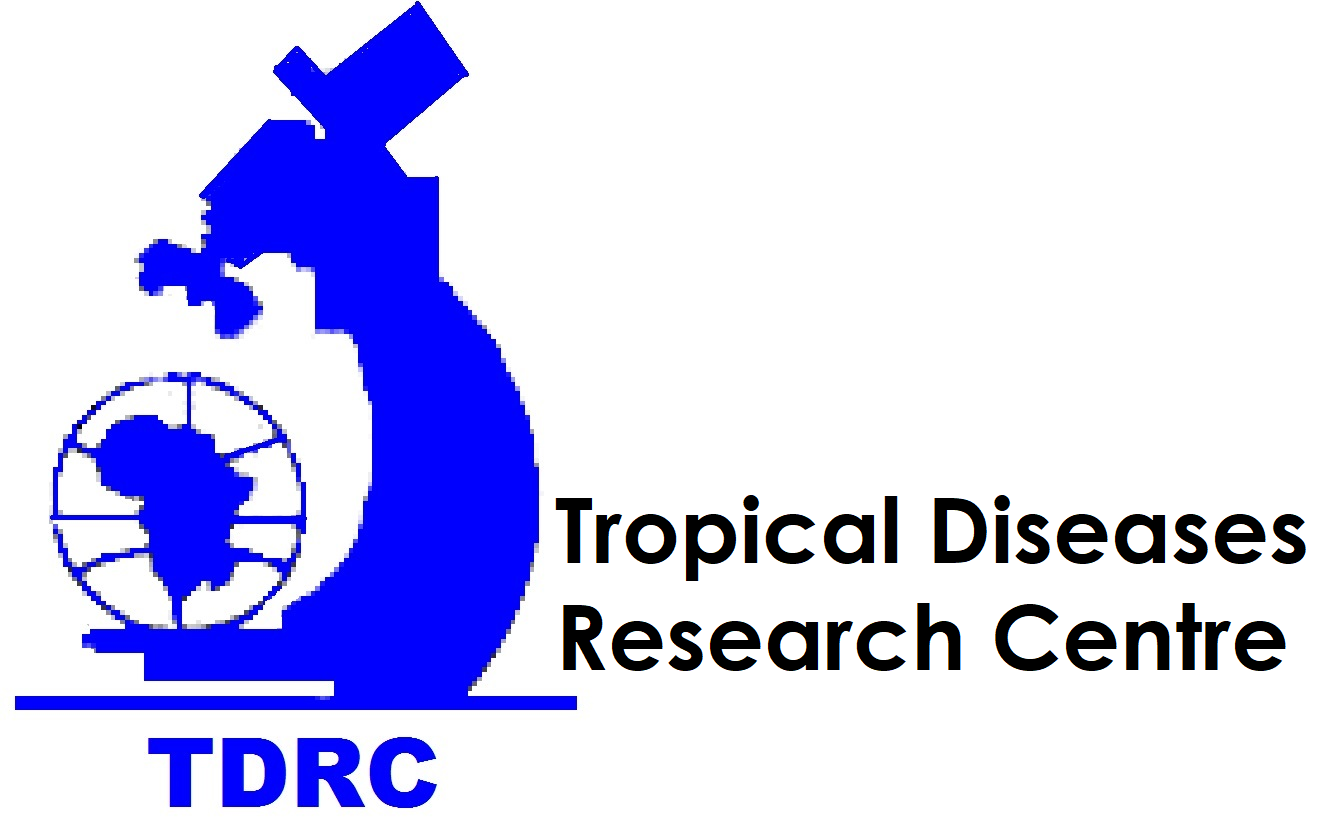Public Health and Epidemiology Department
The Public Health and Epidemiology Department is undertakes social, behavioural, health systems and epidemiological research as part of the national, regional, and international strategy for prevention and control of diseases. The Department comprises the Epidemiology, Behavioural Sciences, Health systems and Data Management units. These Units undertake research in different areas, including clinical, epidemiology, health economics, behavioural and policy research, evaluation and implementation of novel research and statistical methodologies. This is often done in collaboration with other departments in the centre.
The behavioural and social sciences Unit is integral to the TDRC mission, and seeks to unearth fundamental knowledge about the nature and behaviour of communities and the application of that knowledge to improve health, lengthen life, and reduce illness and disability. In addition to behavioural research, the unit is well positioned to undertake monitoring and evaluation studies, implementation science, operations research and interventional studies in different areas, including maternal and child health, gender and equity. Priority research areas are in; Malaria, HIV/AIDS/TB, Schistosomiasis, Nutrition, Diarrhoeal diseases, Maternal and child health, Adolescent and reproductive health, Sexually Transmitted Infections, Hypertension, Diabetes, Accidents, Indigenous knowledge, and now, Coviv-19.
The Health Systems Unit is an interdisciplinary blend of anthropology, epidemiology, health economics, sociology, political science and public health. It offers a wide range of opportunities to study how our society can shape itself to achieve health goals, and how the various players can interact in the policy and implementation processes to contribute to policy outcomes. Within this unit, TDRC has a newly established Health Economics Section that works to improve the performance of health systems through informing health policy and enhancing technical and managerial capacity. Our research maintains a balance between conceptual and applied research as well as between topics of local and international relevance, and focuses on four thematic areas of research, namely;
- universal coverage and financing,
- governance and decision-making,
- economic evaluation,
- social determinants of health.
The section works to improve the performance of health systems through research in health economics, training, consultancy and capacity-building. The core objectives of the HERS are:
- to conduct high quality research in health economics and systems;
- to develop capacity in health economics and related health systems research; and
to provide technical support to facilitate the translation of health policies into practical programmes. The section performs the following research activities:
- Cost analysis of intervention/program, side effects, and illness.
- Economic evaluation for comparing two or more interventions/programs in terms of costs or benefits; evaluations include cost-effectiveness, cost-benefit, and cost-utility analyses.
- Decision and transmission modeling including; developing and testing regression models, Markov decision-choice models, agent-based models, simulations, and theoretical mathematical models.
- Regulatory impact analysis for anticipating and evaluating the impact of regulations on costs and/or behaviors.
- Budget impact analysis (BIA) for estimating the financial consequences of adopting a new intervention for local, regional, and national budgets. This will be performed in addition to a cost-effectiveness analysis to provide a comprehensive economic assessment of a new policy or programmatic intervention.
- Health impact assessment (HIA) for bringing together scientific data, public health expertise, and stakeholder input to identify the potential health effects of a proposed policy, plan, program, or project. An HIA offers practical recommendations for ways to minimize risks and capitalize on opportunities to improve health.
